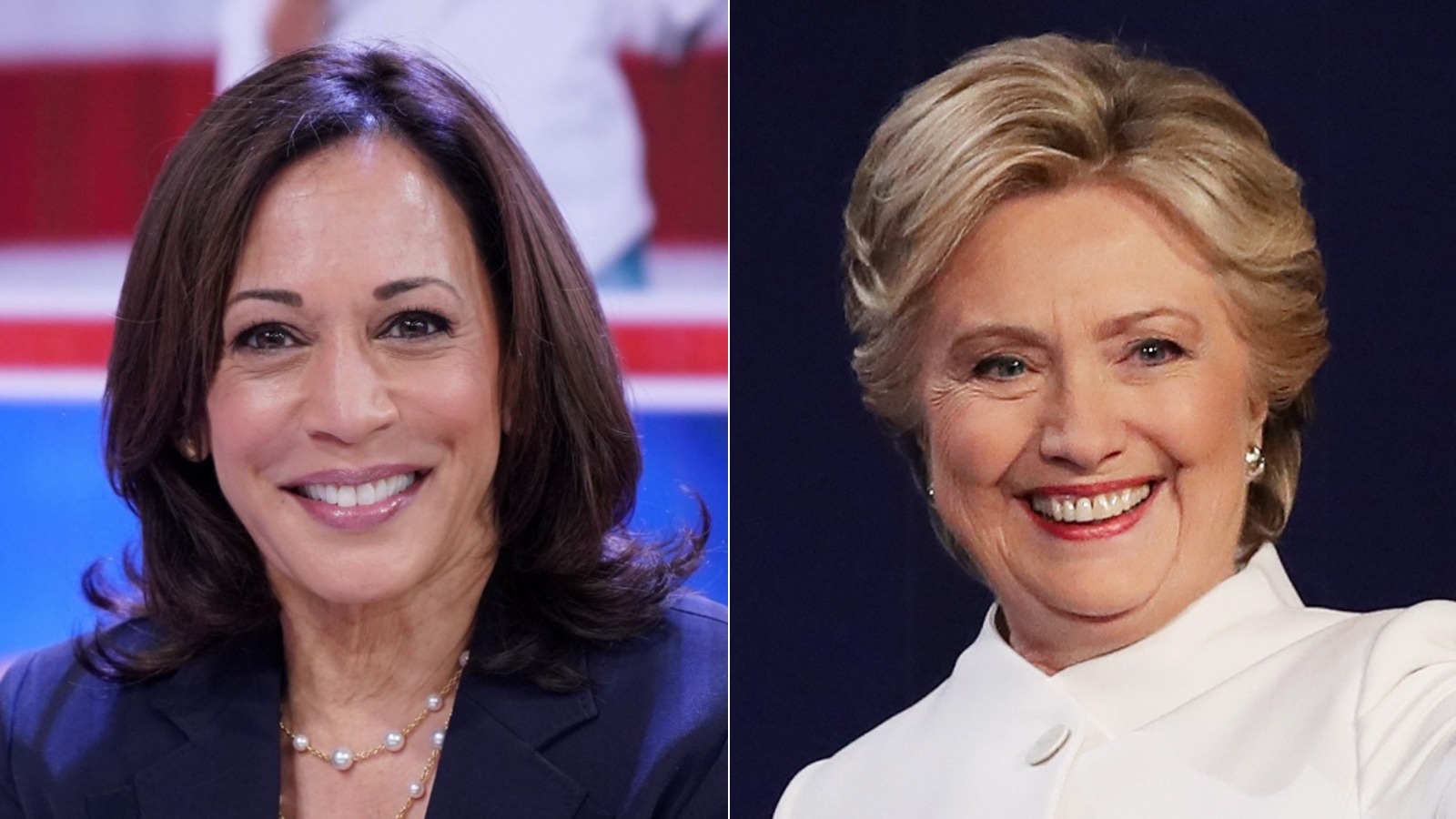For the second time in recent years, the United States has come close to electing a woman president, but once again, the dream has been put on hold. Kamala Harris, like Hillary Clinton before her, almost made history, but certain deep-rooted attitudes seemed to stand in the way. Misogyny may still be holding America back from choosing a female leader.
Presence of misogyny
In both Clinton’s and Harris’s campaigns, Donald Trump was a key figure in their loss. But it wasn’t just personal competition. Trump’s campaign used harsh words to question Harris’s ability to lead, calling her ‘crazy’, ‘mentally disabled’, and even suggesting she’d be a ‘play toy’ for other world leaders. Such remarks play into old-fashioned stereotypes about women, suggesting that they can be too emotional or unpredictable to lead.
This approach wasn’t just aimed at insulting Harris; it was a strategy to appeal to people who still feel unsure about a woman in charge. For many, the image of a US president is still linked to traditional “fatherly” qualities, and breaking this mindset is proving to be a challenge.
Trump’s strongman image
Trump has built his image around hypermasculinity — being tough, bold, and unapologetically forceful. His campaign indirectly suggested that these qualities, which he claimed only men have, are essential for a strong leader. This appeals to voters who believe America’s safety relies on a certain kind of manly strength.
Trump’s running mate, J.D. Vance, added to this image by joking about ‘childless cat ladies’ in politics, referring to women without children as if they are less capable of leading. This remark seemed aimed at Harris, suggesting that women who don’t fit into traditional family roles may not be fit for leadership. Such messages resonate with conservative voters, especially those who see Harris’s progressive ideas on women’s rights and abortion as ‘too modern’.

Clash with conservative values
In contrast, Harris’s campaign highlighted a progressive vision of gender equality and women’s rights, supported by popular celebrities like Beyonce and Oprah Winfrey. She aimed to appeal to women across the country, championing reproductive rights and a modern outlook on gender roles. However, this approach failed to win over conservative women who prefer traditional roles and may have felt distant from Hollywood’s liberal ideals.
For some conservative women, Harris’s stance on issues like abortion only widened the gap. Many felt she was out of touch with ‘real’ America, and her approach didn’t resonate with them.
A dream deferred but not lost
For generations, Americans have imagined their president as a father figure. The idea of a woman leading the nation is still new and unsettling for some, especially when she doesn’t fit a soft or traditional image.
Harris’s campaign, even though it didn’t succeed, is a step forward. Every woman who campaigns for the Oval Office moves the country a little closer to accepting a woman as president.
America may not have a woman president yet, but Harris’s journey is a reminder that ambition and resilience can challenge even the toughest obstacles. The country remains on the edge of change, waiting for the day when it becomes when — i.e. when America finally elects its first woman president.




